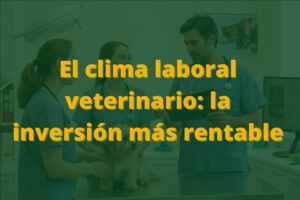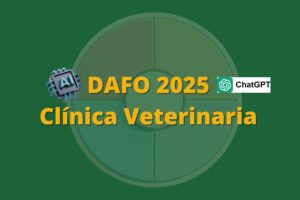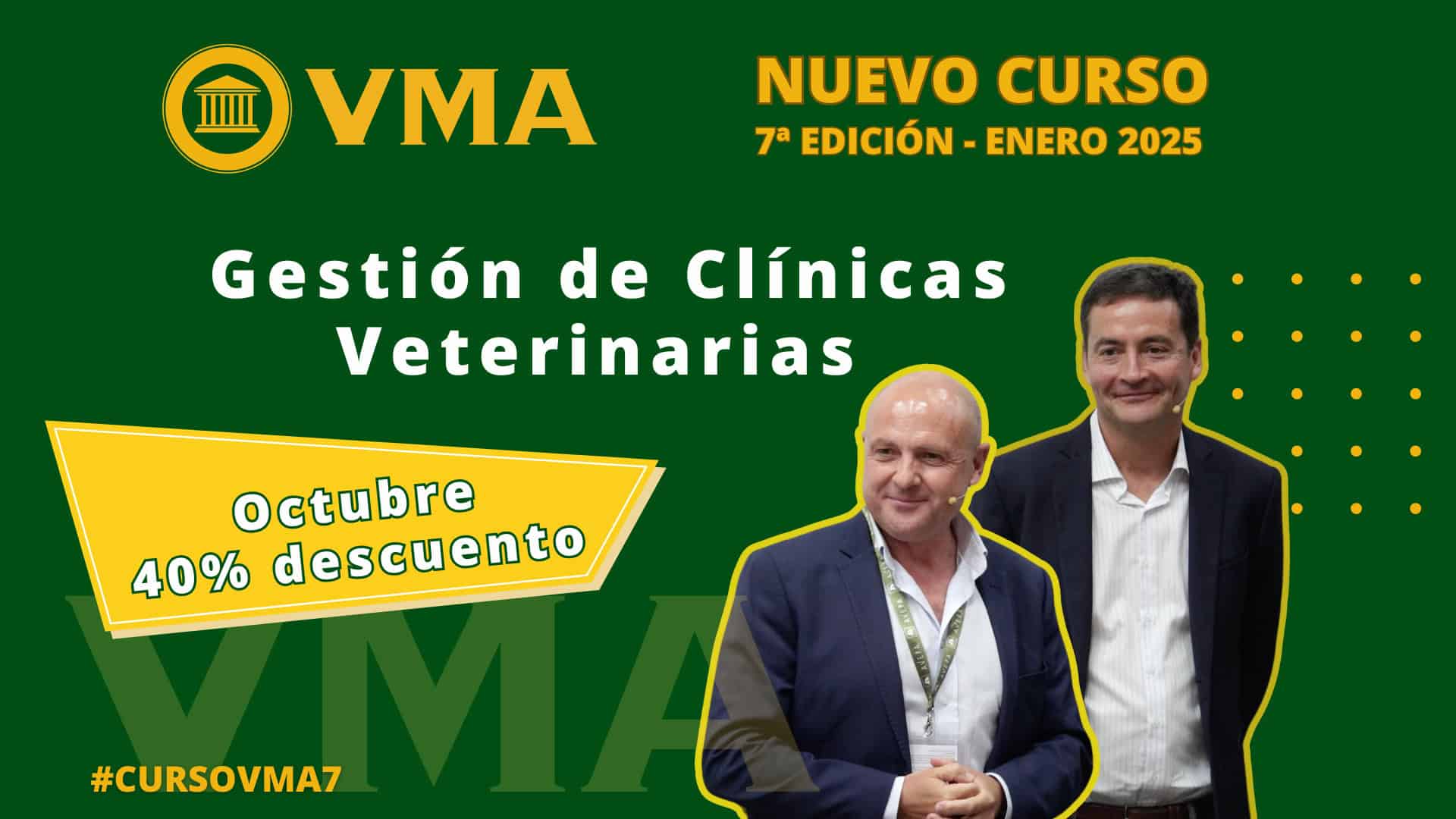How is it possible that there is no veterinary practice management course that covers everything that is needed for a veterinarian to properly manage his or her business?
This is a question that Pere Mercader and Miguel Angel Diaz have heard many times in their training and consulting in Spain and in most of the countries they have visited.
Veterinarians would come up to me and comment, he says. Pere Mercader:
Where can I continue to learn more about this and other related topics? How can I access practical exercises on real situations that we face in the clinics?
And there was always a common denominator, he explains Miguel Angel Diaz:
I end up getting an idea by picking up bits and pieces here and there, but I always have gaps, and I need someone who can guide me in this learning process, veterinarians say.
From all these needs arose the Course on Management of Vete ClinicsrinariasThe aim is to provide the veterinary clinic manager with a wide range of tools and practical knowledge.

How can I improve the profitability of my veterinary practice?
Veterinary clinics should be understood as a business you have to try to make profitable every day. Without forgetting the medical and health proposal of dogs and cats, the veterinarian must stop looking at his clinic as a place for self-employment and turn it into a a profitable and well-managed company.
Pere Mercader and Miguel Angel Diaz, are committed to their Veterinary Clinic Management Course, where we train managers and managers of veterinary clinics. Practice Managerthanks to a course specifically designed for them.
During 10 weeks structured in 8 modules and 37 lessons, the course addresses important topics related to the economic management, people relations, communication and leadership.
For this VMA (Veterinary Management Academy)presents different content formats:
- Reading-based formats
- Practical Masterclass
- Video pills
- Practical exercises
- Weekly live webinars.

What topics are included in the Veterinary Clinic Management Course?
Our syllabus is designed so that the student can have the content available and put it into practice immediately.
Module 1. Decisions that will mark my career as a veterinarian:
- To or not to become a practice owner, that is the (first) question.
- To specialize or not, that is the (second) question.
- To work for an independent veterinary practice, or for a group practice, that is the (third) question.
- To manage or not to manage, that is the (fourth) question.
- The importance of money in professional life.
Module 2. My personal development as a partner, as a subordinate and as a "boss" in the veterinary center:
- SWOT Analysis of Weaknesses, Threats, Strengths and Opportunities.
- The power of trust
- The importance of the Selection Interview
- Keys to success in the first 30 days in the clinic.
Module 3. Controlling the economic health of a veterinary center:
- Why it is so necessary to monitor the financial health of the practice.
- What is a KPI (key performance indicator).
- Monitoring the health of the clinic's revenues.
- Tracking the health of the clinic's costs.
- Discussing the clinic's finances with employees: right or wrong?
Module 4. Making good economic decisions in the veterinary center:
- How to define the prices of veterinary services: key mistakes to avoid.
- Discounts, a lethal virus for clinic profitability.
- How to calculate how much I can pay to a veterinarian in my practice.
- How to calculate if the sale of a product is profitable (and how profitable) for our practice.
- How to analyze an investment in a new piece of equipment for our clinic.
Module 5. Client orientation in the veterinary center: measuring satisfaction and loyalty:
- CLTV (Customer Life-time Value) and the main customer loyalty metrics.
- Economic impact of good complaint management.
- How to measure customer satisfaction.
- NPS (Net Promoter Score) applied to the veterinary practice.
- Customer orientation: a philosophy with measurable results.
Module 6. Communicating successfully with clients of the veterinary center:
- The importance of communicating well in the practice: surprising facts and misconceptions.
- The Calgary Cambridge Guide: 7 steps to impressing the client in the office.
- How to handle client’s objections in the consultation room
- The most common mistakes in handling client complaints, how to prevent them and how to manage them properly.
Module 7. High performance human teams in the veterinary center:
- What does a veterinarian's productivity depend on?
- Financial incentives for veterinarians: good idea or recipe for disaster?
- How to give and receive feedback.
- How to organize and behave in work meetings.
Module 8. The veterinary leader
- How to demonstrate mission, vision and values by example.
- Story-telling as a leadership tool.
- Visual thinking as a communication tool.
- How to create unforgettable moments with the team.
- The importance of generosity and purpose to be successful professionally and personally.
Thanks to its two annual editions of the Management Course, already 150 professionals, veterinarians, assistants, managers and industry professionals have been trained in Veterinary Clinic Management.








